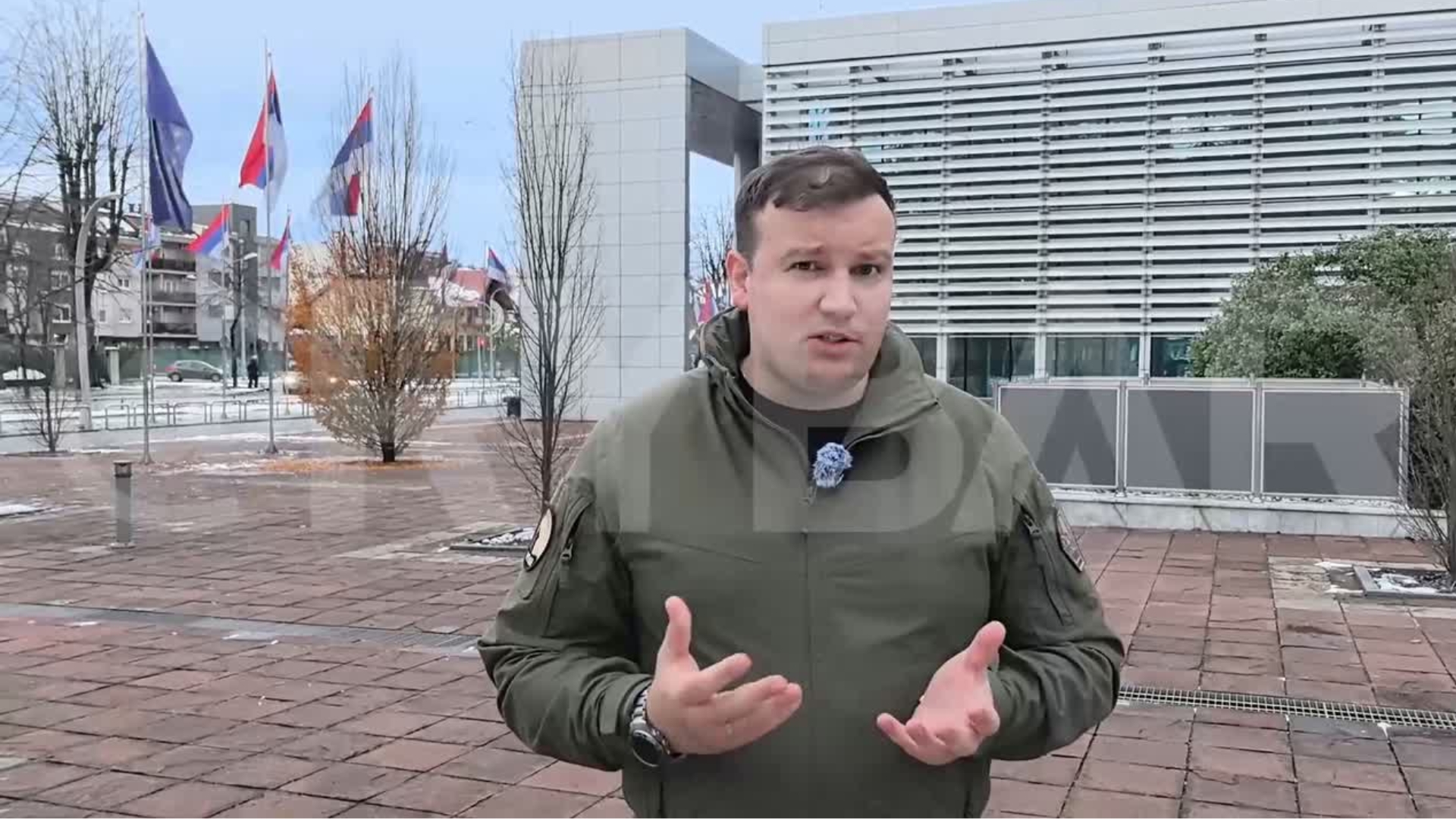This post is also available in: Bosnian
Miroslav Lajcak, the High Representative in Bosnia and Herzegovina, allowed the 19 people, who were linked with Stojan Zupljanin support network, to have their travel documents and personal documents returned.
“In consultation with the International Criminal Tribunal for the Former Yugoslavia, ICTY, and other relevant international and local security and law enforcement partners, the High Representative has concluded that the reasons for the seizure of the travel documents of these particular individuals no longer apply,” says the announcement issued by the Office of the High Representative, OHR.
In late May 2008 Lajcak issued an order to all law enforcement agencies in Bosnia to seize the travel documents from 16 persons, who were linked to ICTY indictee Zupljanin, who was on the run at that time. On that occasion the High Representative dismissed Predrag Ceranic from his post with the Intelligence and Security Agencies due to his ties to war crime indictees.
In early June 2008 Serbia’s Interior Ministry arrested Zupljanin, who is charged, by the Hague Tribunal, with crimes against humanity and violation of laws and practices of warfare committed in the Krajina region, as well as with planning of the persecution, “which escalated into a genocide.”
The Serbian authorities extradited Zupljanin to the Hague Tribunal. He is currently held in custody at The Hague.
As explained by the OHR, this decision takes into consideration “the principles of equity, proper governance and judicious exercise of the international mandate.”
The names of the persons, whose travel documents were first seized and then returned by the OHR’s decision, have not been announced to the public.

